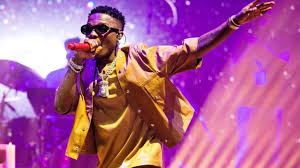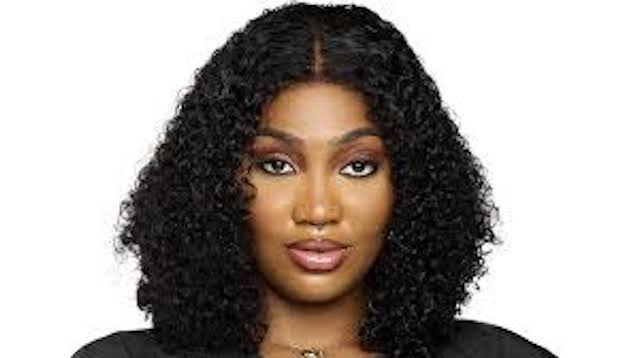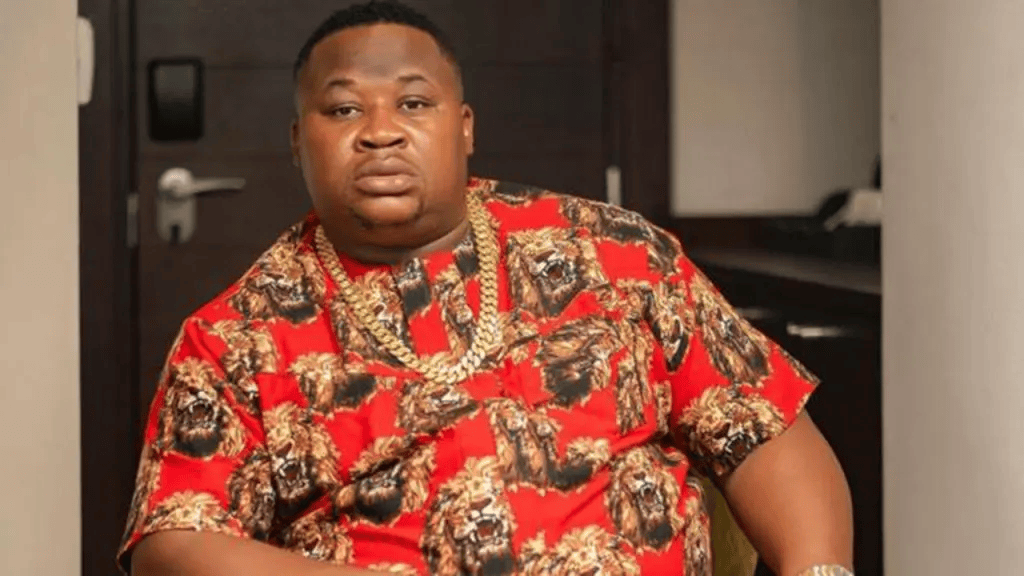A new kind of power is rising from Africa, and it isn’t coming from oil or gold. It’s cultural. From the hypnotic rhythm of Afrobeats to the bold designs on African runways and the booming lights of Nollywood sets, Africa is building a global empire – one beat, one film, and one outfit at a time.
This is Wakanda Economics. A cultural movement where African creativity is not just shaping global trends – it’s also driving economic growth, creating jobs, and changing how the world sees the continent.
The Beat of Business
Just a few years ago, Afrobeats was a genre barely known outside Africa. Now, artists like Burna Boy, Wizkid, and Tems are filling stadiums in Europe and America, topping international charts, and collaborating with global superstars. But behind the fame lies a growing industry that’s generating serious income.
According to PwC, Nigeria’s music industry could earn over $80 million a year. Music streaming, brand endorsements, international tours, and digital platforms like YouTube and Spotify have opened new doors. And young Africans are cashing in – as artists, producers, video directors, and tech entrepreneurs.
“It’s no longer just music; it’s an economy,” says Chika Nwobi, founder of Decagon, a tech company that works closely with creative startups in Nigeria. “The world is watching Africa, and the youth are turning talent into profit.”
Lights, Camera, Growth!
Nollywood – Nigeria’s film industry – is now the second-largest film producer in the world, churning out more than 2,500 films a year. With its heart in Lagos, Nollywood is more than just entertainment – it’s a major employer and a source of national pride.
Streaming platforms like Netflix and Amazon Prime are investing heavily in African content. In 2022, Netflix announced a $1 million fund for creative equity in Nigeria and has since released popular Nollywood originals like Blood Sisters and The Black Book.
The economic impact? Thousands of jobs, from actors and directors to set designers and caterers. Local cinemas, film schools, and online platforms are also booming.
“Nollywood has become our own Hollywood,” says filmmaker Kemi Adetiba. “We’re telling our own stories, our own way – and people everywhere want to see it.”
Runways to Riches
Africa’s fashion industry is also catching fire. Designers like Nigeria’s Kenneth Ize, Ghana’s Christie Brown, and South Africa’s Thebe Magugu are gaining international acclaim, dressing celebrities and showcasing at Paris and Milan Fashion Weeks.
It’s not just about beauty – it’s business. The African Development Bank estimates that Africa’s fashion industry could be worth $15.5 billion by 2025. Social media, e-commerce, and local manufacturing are powering this growth.
Young Africans are building brands from scratch, selling everything from Ankara streetwear to handmade jewellery. Instagram, TikTok, and even WhatsApp are becoming global storefronts.
“The world wants African style,” says fashion entrepreneur Amira Bello. “We’re no longer following trends – we’re setting them.”
The Power of Identity
At the heart of this cultural boom is something deeper: identity. Young Africans are embracing their roots, celebrating their heritage, and confidently sharing it with the world.
The success of Marvel’s Black Panther – with its fictional Wakanda inspired by African traditions – showed the world the power of African storytelling. Now, real-life creatives are bringing that vision to life.
This new movement is not without challenges – from funding gaps to infrastructure issues – but it’s clear that culture is becoming one of Africa’s strongest exports.
Final Word
Wakanda Economics is not a fantasy. It’s real, it’s growing, and it’s reshaping Africa’s future. With music, film, and fashion leading the charge, the continent is no longer just a consumer of global culture – it’s a creator.
And as African creatives continue to rise, one thing is certain: the world isn’t just listening. It’s dancing, watching, and wearing Africa.
Have thoughts on this story? Share them below or follow us on social media @WakandaEconomy.





